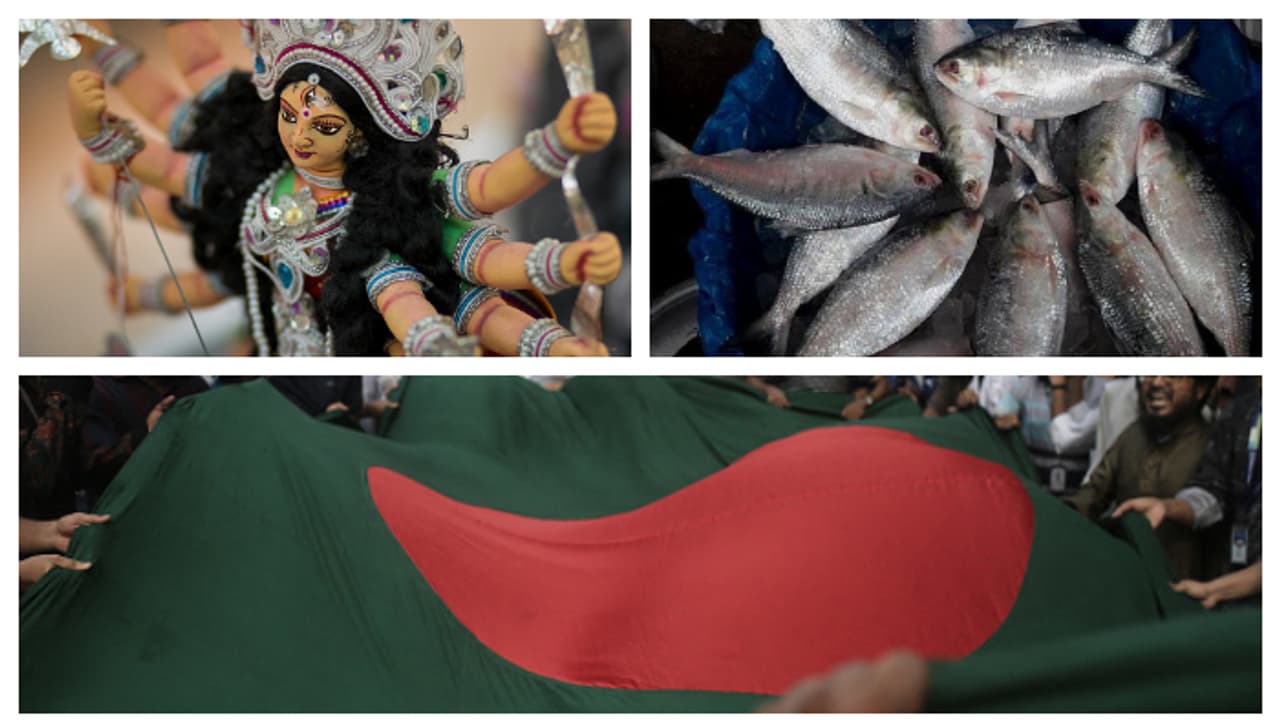In a stunning twist, the interim government in Bangladesh, led by Muhammad Yunus, made an unexpected announcement this Saturday. The government has approved the export of 3,000 tonnes of hilsa fish to India, just in time to satisfy Bengal’s fervent demand ahead of the grand Durga Puja festivities.
In a year clouded by political uncertainty, Kolkata’s fish traders had nearly resigned themselves to the idea that the much-coveted “Padmar ilish” would not grace their markets. The prized hilsa, a delicacy from the Padma River in Bangladesh, seemed like a distant dream, especially as the political upheaval in Bangladesh cast a shadow over trade.

But in a stunning twist, the interim government in Bangladesh, led by Muhammad Yunus, made an unexpected announcement this Saturday. The government has approved the export of 3,000 tonnes of hilsa fish to India, just in time to satisfy Bengal’s fervent demand ahead of the grand Durga Puja festivities.
This sudden approval is a result of persistent lobbying by exporters in Bangladesh and Kolkata’s fish traders, who have long awaited the return of this iconic fish. Despite Bangladesh being the world’s largest producer of hilsa, the government has remained cautious about balancing domestic consumption while reviving the export trade to India.
The appetite for fresh Bangladeshi hilsa in Bengal is insatiable, with Kolkata’s fish markets buzzing with anticipation. However, some traders have been filling the gap by selling frozen hilsa from Myanmar—a poor substitute according to locals. “Some traders are selling frozen hilsa from Myanmar, which lacks the taste of hilsa from the Padma-Meghna river system that connoisseurs in Bengal appreciate,” explained Syed Anwar Maqsood, Secretary of the Fish Importers’ Association, reported Times of India (TOI).
The diplomatic and cultural significance of hilsa exports cannot be overstated. Former Prime Minister Sheikh Hasina had imposed a ban on hilsa exports to India in 2012, following the deadlock over the Teesta water-sharing agreement. Though the ban was lifted ahead of Durga Puja in 2019, the current political climate in Bangladesh had once again cast doubts over the future of this trade.
Now, with the renewed permission, traders estimate that hilsa prices in Kolkata will range between Rs 1,500 and Rs 2,000 per kilogram, depending on the supply. Beyond the festive excitement, the resumption of hilsa exports underscores the critical role this fish plays in the larger diplomatic framework between India and Bangladesh.
While it remains to be seen whether the supply will meet the sky-high expectations, one thing is certain: the return of “hilsa diplomacy” has once again bridged borders, uniting two nations through a shared love for this delectable fish—just in time for a festive celebration.
